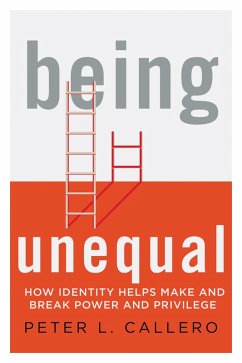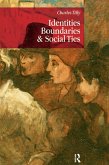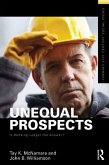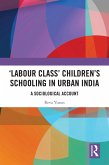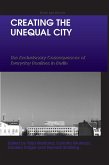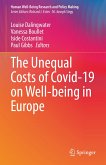We may think we control our own destinies, but who we are, how we think, what we feel, and how we act are shaped by multiple, intersecting identities that have different amounts of power and value in our society. Being Unequal explores how identity categories associated with race, class, gender, and sexuality help shape inequality. This concise and accessible book asks: How is identity experienced? How does identity help reproduce inequality? How does identity help resist inequality? What is the relationship between micro and macro inequality-in other words, how do our personal experiences shape larger social forces? Being Unequal argues that identities matter because they are a critical part of a complex social process in which everyday interactions contribute to larger systems of structural inequality. By recognizing the links between identity and inequality, Being Unequal also highlights the power of collective action to resist and oppose domination and exploitation. Filled with engaging real-world examples ranging from the social construction of momentary high school cliques to the emergence of momentous social movements, Being Unequal is a powerful introduction to social identities and the ways they shape our world.
Bitte wählen Sie Ihr Anliegen aus.
Rechnungen
Retourenschein anfordern
Bestellstatus
Storno

